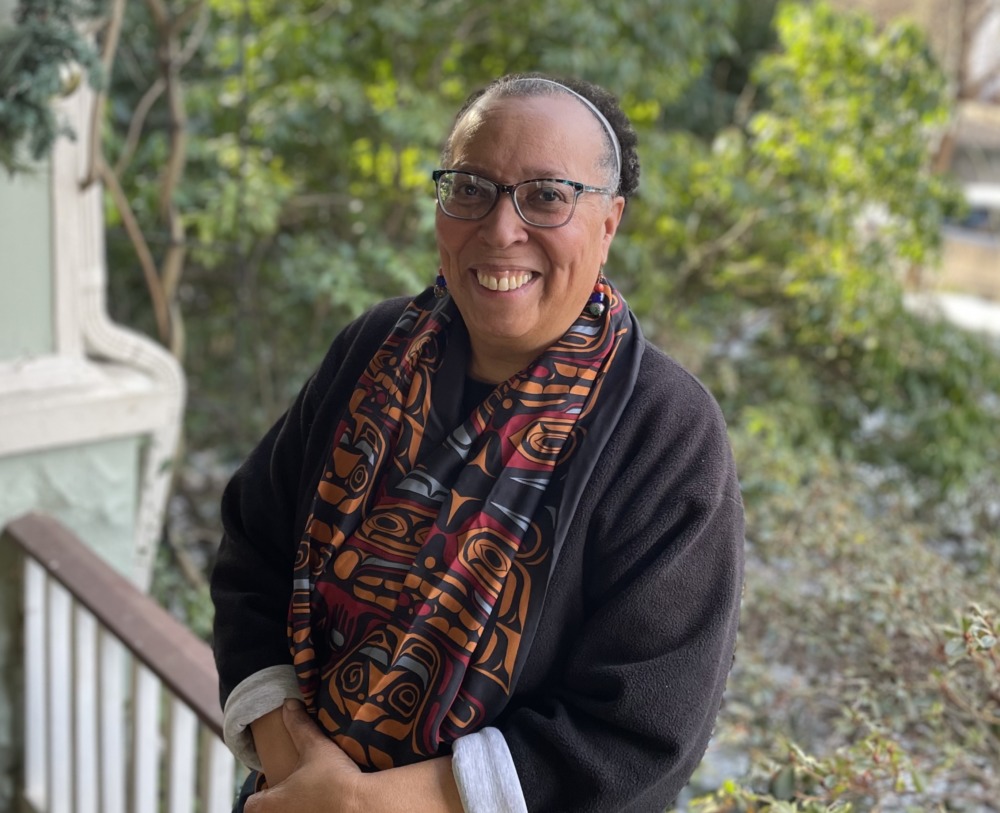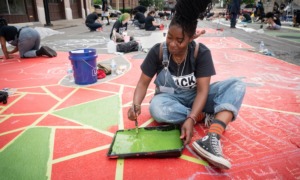I continue to be impressed with the simplicity and power of Handle with Care, a partnership between law enforcement, schools and mental health providers that was created to ensure that children exposed to trauma in their home, school or community get quick support.
The program allows first responders to send “handle with care” notes to the schools of children who have been involved in a traumatic incident such as domestic violence, house fire or eviction.
 No details are given, but reports are sent out before the start of the school day so that staff can be on alert. The program includes trauma-informed care training for staff and administrators. But the note, the simplest of interventions, is the key that puts the training into motion.
No details are given, but reports are sent out before the start of the school day so that staff can be on alert. The program includes trauma-informed care training for staff and administrators. But the note, the simplest of interventions, is the key that puts the training into motion.
Handle With Care started in West Virginia and has expanded across the country with impressive results. Young people identified via the program receive support either from school staff or through counseling programs onsite at the school. Law enforcement, schools and mental health providers report increased communication and collaboration, and teachers report being better equipped to support their students.
How can we, as youth work professionals, parents and advocates, scale up this program to respond to the chronic, cumulative traumas being inflicted on entire groups of students by the systems that should be supporting them?
A recent survey released by the Crisis Prevention Institute shows that addressing student trauma, mental health issues and increased anxiety are central focal points for educators this school year. There is no doubt that the pandemic exacerbated these issues. But there is another factor that threatens students’ ability to flourish in school: Our legal system’s penchant to prosecute rather than protect children.
Consider these recent stories from Youth Today:
- Two former Pennsylvania judges were charged in kids-for-cash kickback scheme that funneled more than 2,300 juveniles, some as young as 8, into for-profit detention centers for minor infractions.
- Florida continues to prosecute youth as adults and disparities between Bblack and white youth worsen, despite attempts to reform the laws.
- A Nebraska teen was charged as an adult in self-managed abortion, even though that state’s abortion laws consider her a child and would have required parental consent for an abortion under a doctor’s care.
- Nationwide, a new Sentencing Project analysis shows growing gaps between how white and minority juvenile cases are handled. Only 40% of Black youth were diverted into community-based programs compared to 52% of white youth with similar offenses.
- A Utah judge reversed the ban on transgender kids playing girls sports, in part because the state’s High School Activities Association secretly investigated a female athlete’s gender after receiving complaints from the parents of girls she defeated in competition.
The efforts of first responders to help school officials support the healing of kids are laudable. But they contrast starkly with the lack of coordinated efforts to document the numbers of students who have been pulled out of school by the juvenile justice system or had their identities challenged in school because of bigotry.
Across communities and ecosystems, it is time for systems and the adults within them to stop contradicting themselves and start truly making decisions and implementing practices grounded in science, compassion and common sense.
How deep is a community’s understanding of child and adolescent development if 8-year-olds are deemed responsible enough for their actions to be incarcerated but 17-year-olds are banned from making critical reproductive health choices without parental consent? How sincere are a community’s efforts to implement trauma-informed practices if some systems within that community continue to perpetrate trauma itself?
The science is there. The outrage is there in fragments. Now is the time to use what we know from science to connect the dots across the myriad attacks on children’s right to grow into competent, connected, caring, confident young adults with strong identities and commitments.
***
Karen Pittman is a partner at KP Catalysts and the founder and former CEO of the Forum for Youth Investment.
































